Understanding the End of the Humanitarian "Parole" for Venezuelans: 4 Key Factors
Table of Contents
- SERVICIOS Y COMPRAS ONLINE
- Comunicado del Gobierno de Estados Unidos sobre el Parole Humanitario ...
- Un informe del Congreso de EEUU califica el parole humanitario como 'un ...
- Sin visa pero con requisitos: Entendiendo el Parole Humanitario para ...
- Humanitarian parole is sticking point in border security negotiations ...
- Nuevo proceso de selección del Parole Humanitario ayudará a cubanos
- Parole Humanitario Estados Unidos: 5 Dudas que TODOS Tienen
- Parole Humanitario para Venezolanos: Lo que debes saber
- Comienza en Estados Unidos juicio para eliminar el parole humanitario a ...
- Pausan el parole humanitario en EEUU “por precaución” - Mario Vallejo

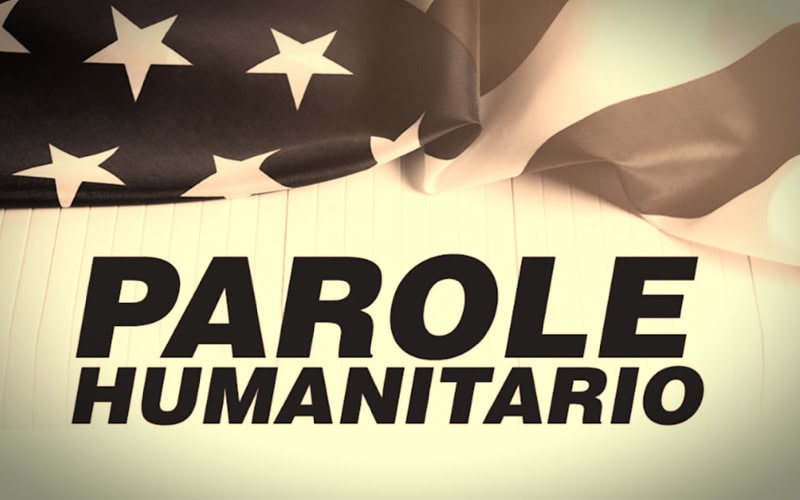

1. Changing Immigration Policies
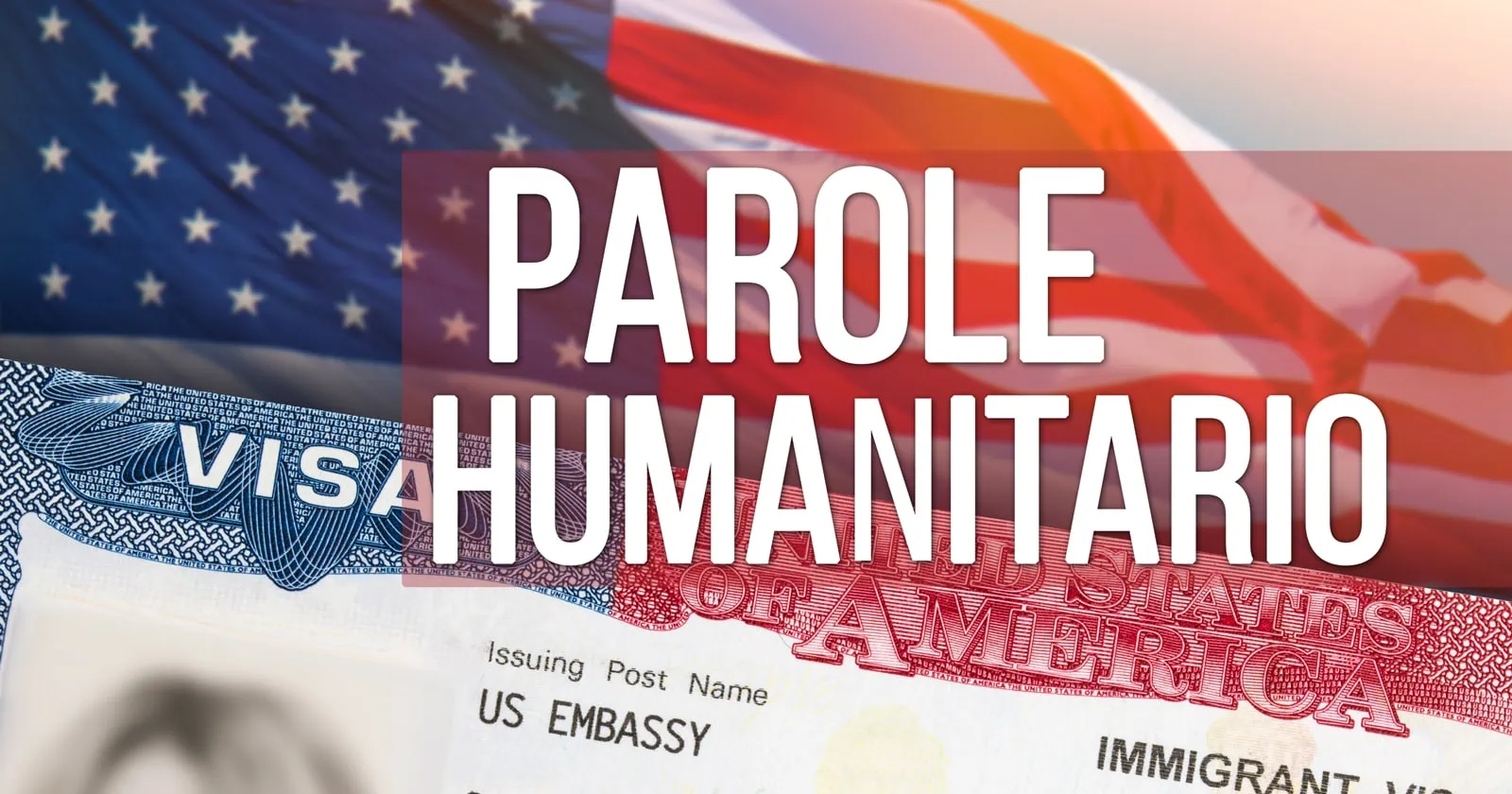

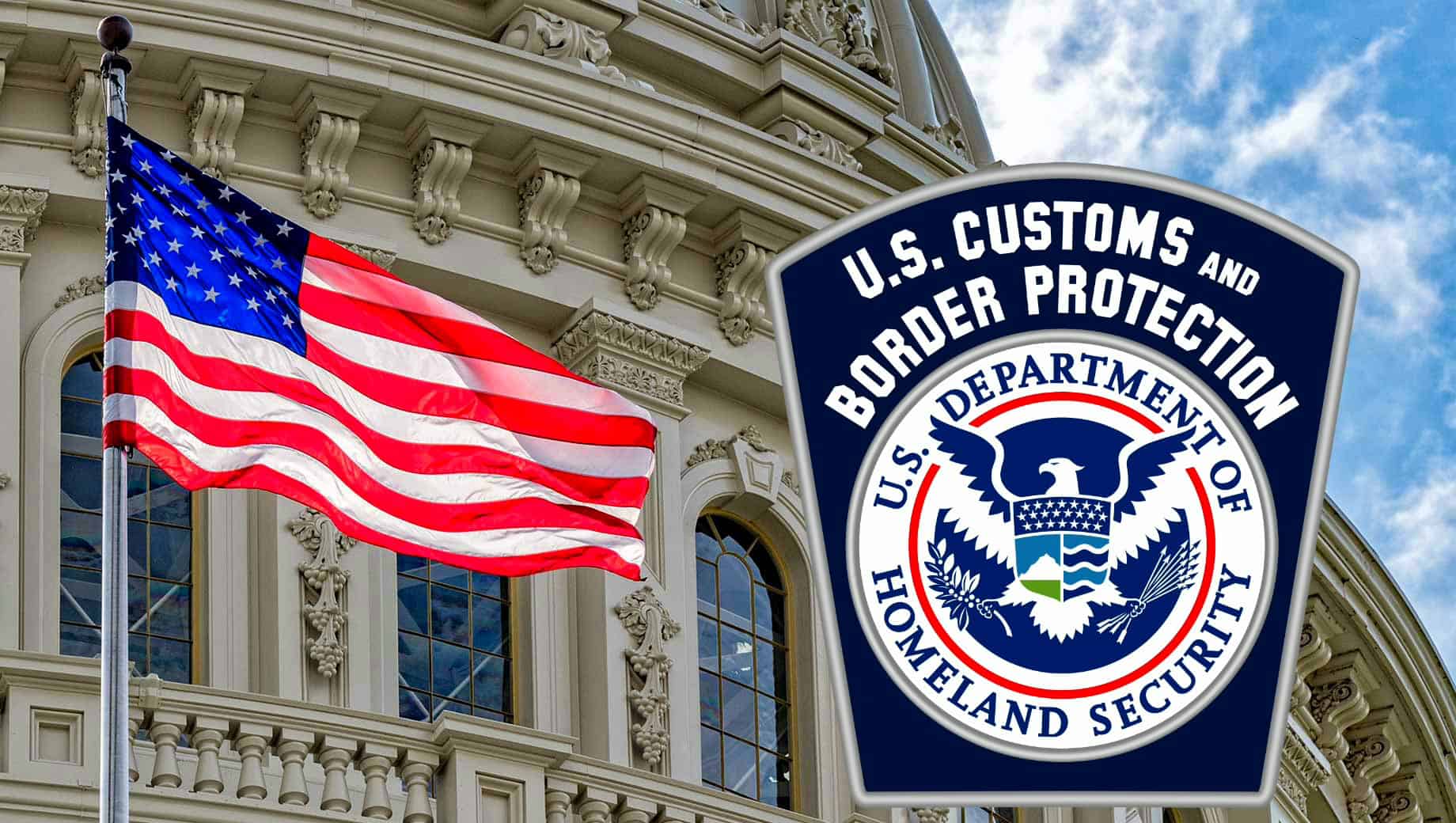
2. Increased Scrutiny of Immigration Programs
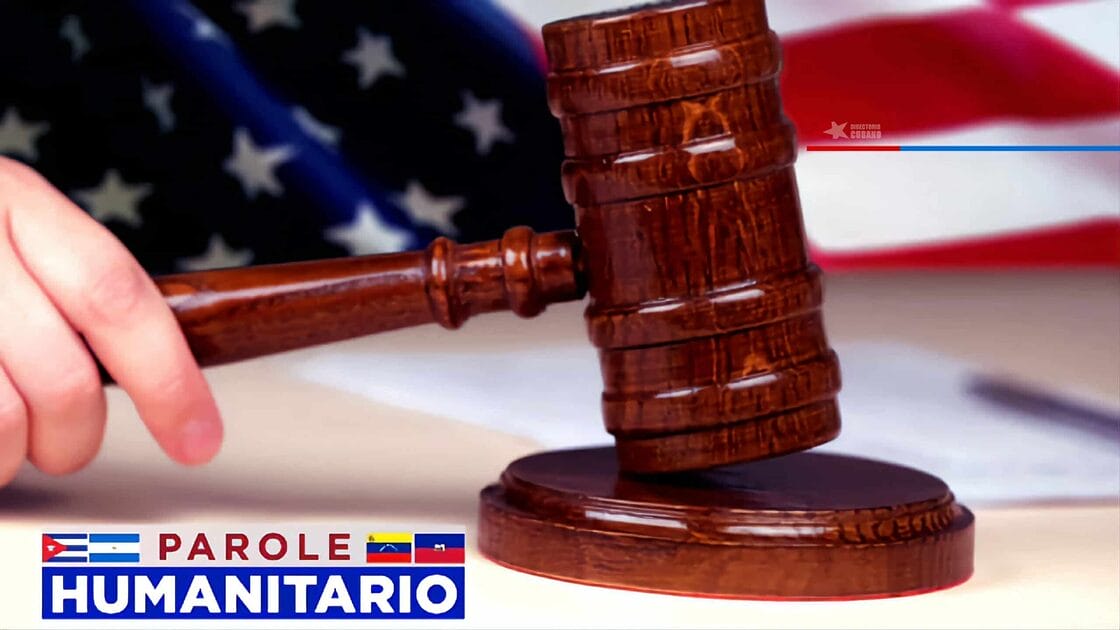

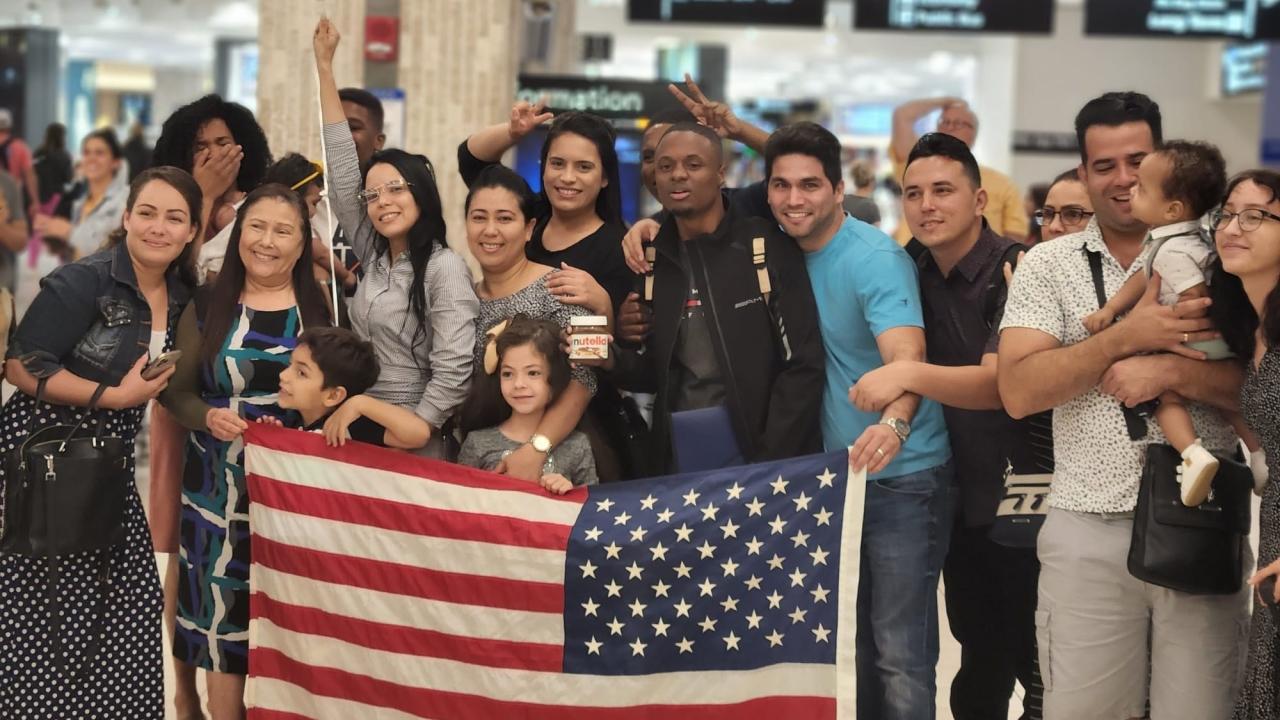
3. Shift in U.S. Foreign Policy
The end of the humanitarian "parole" program also reflects a shift in U.S. foreign policy towards Venezuela. The U.S. government has been imposing sanctions on Venezuela and has been critical of the country's government. The termination of the program may be seen as a way to increase pressure on the Venezuelan government to address the humanitarian crisis in the country.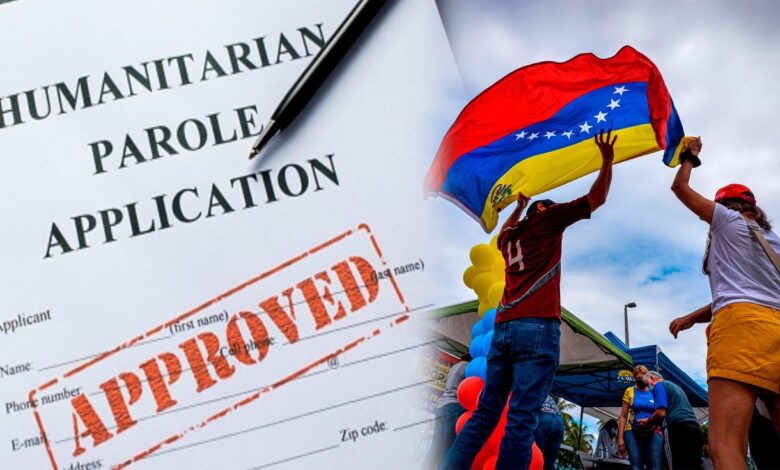
4. Alternative Solutions
Finally, the end of the humanitarian "parole" program may also be due to the availability of alternative solutions for Venezuelans. The U.S. government has been working with other countries in the region to provide protection and assistance to Venezuelans fleeing the crisis. For example, the U.S. has been supporting the efforts of countries such as Colombia and Peru, which have been providing temporary protection to Venezuelans. In conclusion, the end of the humanitarian "parole" program for Venezuelans is a complex issue that involves various factors, including changing immigration policies, increased scrutiny of immigration programs, a shift in U.S. foreign policy, and the availability of alternative solutions. While this decision may have significant implications for those affected, it is essential to understand the reasons behind it and to explore alternative options for those seeking protection and assistance.It is crucial for Venezuelans who were living in the United States under the humanitarian "parole" program to seek guidance from immigration experts and to explore other options available to them. The U.S. government has announced that it will provide alternative forms of relief, such as Temporary Protected Status (TPS), to eligible Venezuelans. However, the application process and eligibility criteria for these programs may be complex, and it is essential to seek professional advice to ensure a smooth transition.
The end of the humanitarian "parole" program for Venezuelans highlights the need for a comprehensive and humane approach to addressing the humanitarian crisis in Venezuela. The international community must work together to provide protection and assistance to those affected by the crisis, while also addressing the root causes of the crisis and working towards a peaceful and stable solution.
As the situation continues to evolve, it is essential to stay informed about the latest developments and to seek guidance from trusted sources. By understanding the factors that led to the end of the humanitarian "parole" program and exploring alternative options, we can work towards finding solutions that prioritize the safety, dignity, and well-being of all individuals affected by the crisis.